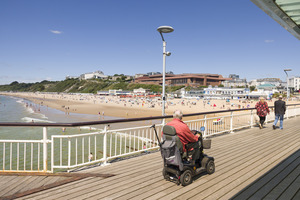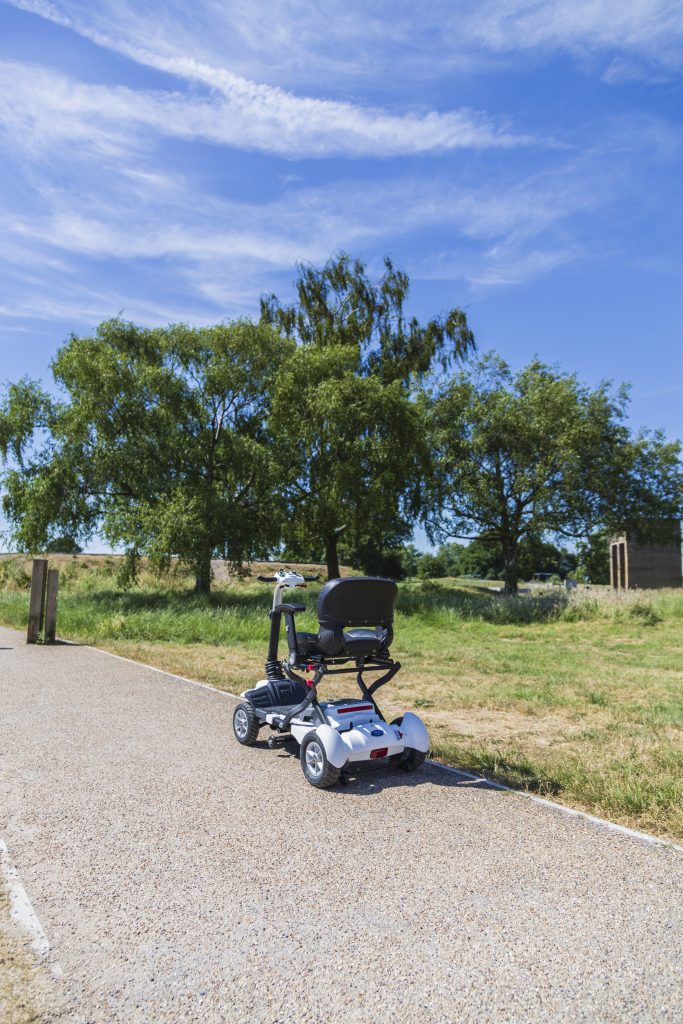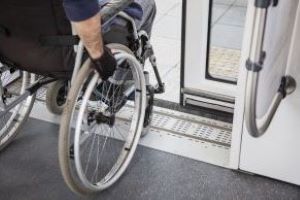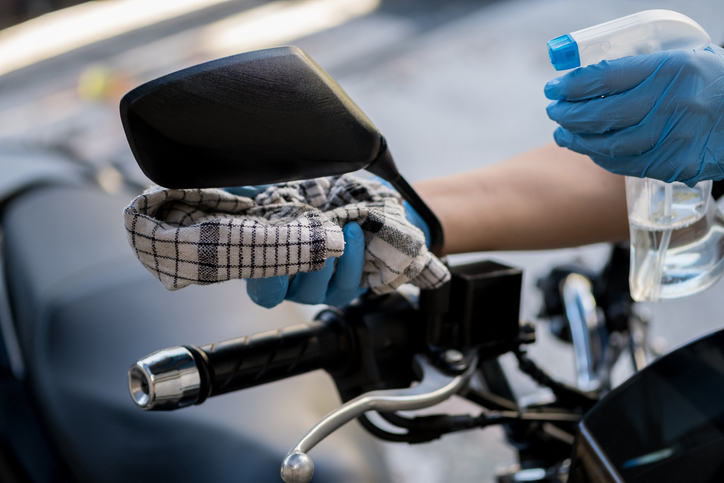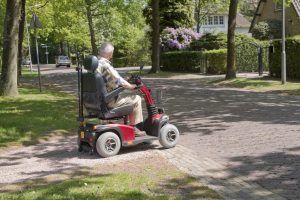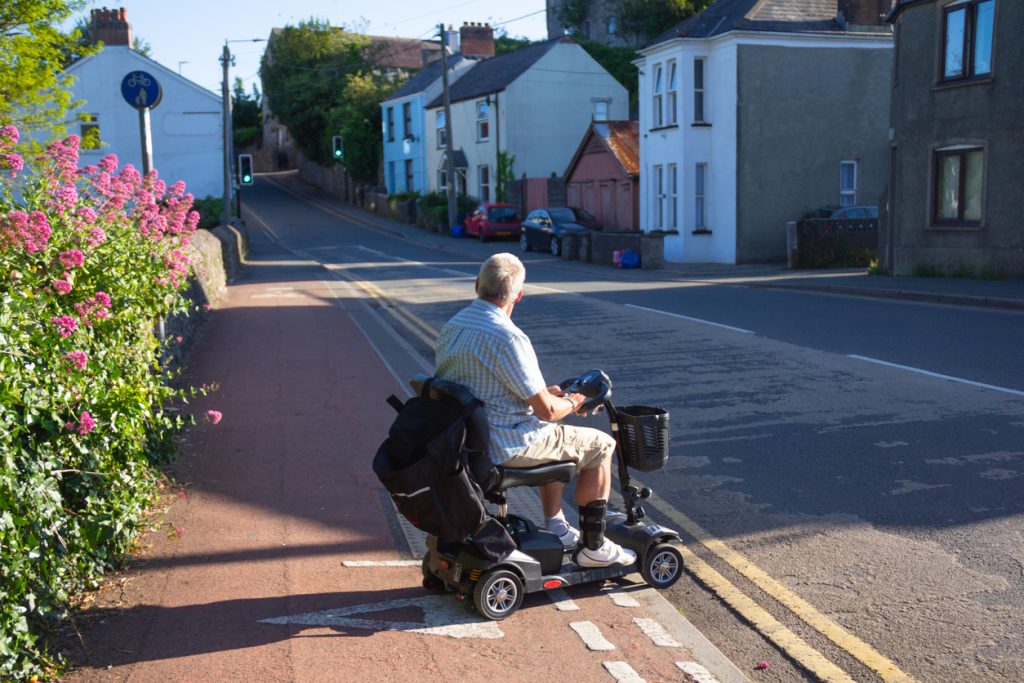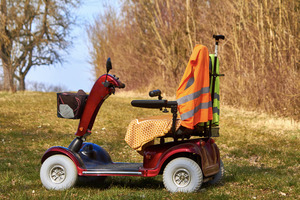There are bound to be certain times in which using public transport is simply the most convenient and fastest way to get from A to B. However, when you rely on your mobility scooter for your independence, navigating public transport can be difficult in some situations.
Below, we’ve put together some tips to help you make the most out of your mobility scooter when travelling on public transport for a smoother, stress-free journey.
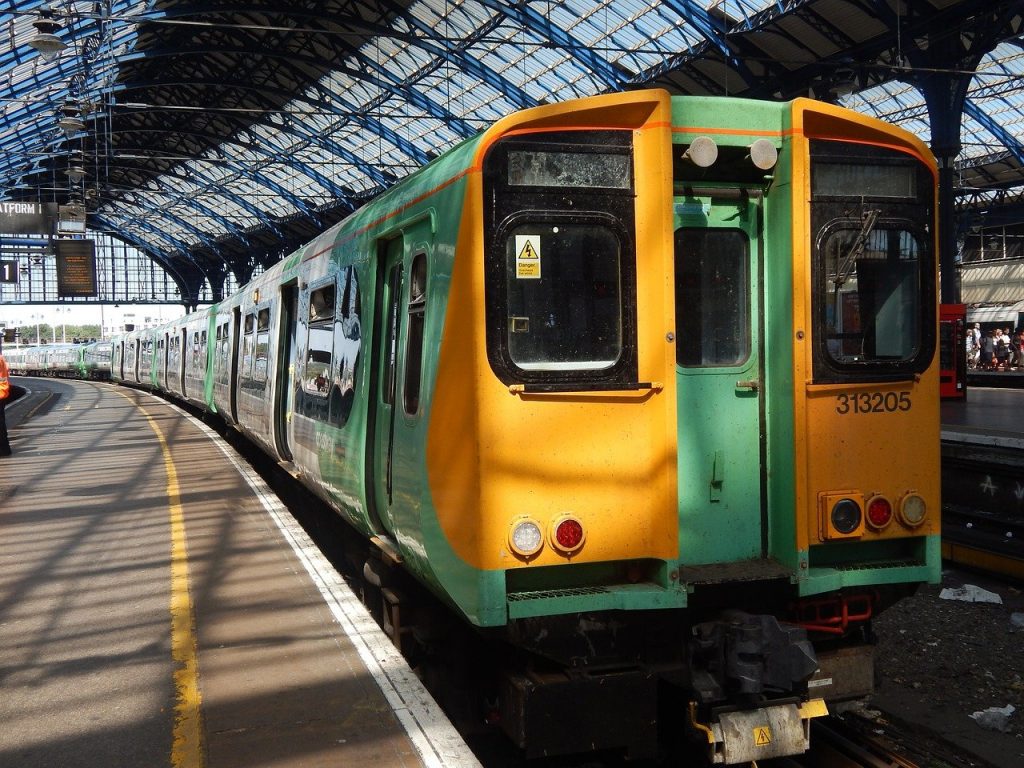
In this article, we’ll take a look at accessibility for mobility scooters across the UK.
Using Your Mobility Scooter On A Train
With the announcement of mobility scooter permits being rolled out across 140 stations on the National Rail network, getting around with your scooter by train may seem a little easier.
Mobility Scooter Permit Scheme
At the end of 2020, a new mobility scooter permit scheme was rolled out by National Rail after a successful trial. The scheme is set to be rolled out to 21 routes and 140 stations across the National Rail network, with the aim of making rail travel more accessible for elderly and disabled passengers using mobility scooters.
Under the new scheme, passengers can apply for a permit to safely bring their mobility scooter on board, with users given “a personalised and identifiable sticker that will be placed on the pre-assessed mobility device”.
However, there are still many rail networks that have their own rules and regulations, so you may come across conflicting policies when planning a journey. Make sure you take this into account for longer journeys where you may need to change trains and therefore rail networks.
Possible Restrictions You Might Encounter When Travelling by Train
Reasons you may be restricted from bringing a mobility scooter with you on certain trains can include:
- No safe space to store your scooter
- Too large a gap between the station platform and the train
- Trains may be overcrowded at times to accommodation a large scooter
- Staff may not be on hand to assist you in getting your scooter on and off the train
While all these reasons sound reasonable, they can sound like excuses for not wanting potential delays to services. As a profit motivation, this is understandable. As a human motivation, it is inexcusable and denies many disabled people their right to travel.
With so many different rail networks having varying policies about bringing a mobility scooter or powered wheelchair on board, your best bet is to contact the rail provider you will be using directly to find out whether you can travel with your scooter or not.
Using Your Mobility Scooter On The Bus
There is no legal requirement currently for buses to permit mobility scooters onboard, so once again, whether or not you can travel with your scooter is dependent on each individual bus company.
The Department of Transport has, however, set out guidelines for bus operators to follow, which state that Class 2 scooters may be taken onto public transport, while Class 3 cannot. Other restrictions include:
- Scooters must be no wider than 600mm and 1000mm long
- Scooters must have a turning circle no bigger than 1200mm
- 300kg is the maximum safe working load of the ramp used to board the bus, so the combined weight of the mobility scooter and the rider must not exceed this
You should also note that if the wheelchair space is already occupied on the bus, you will not be permitted to board the bus with your mobility scooter as there will be nowhere for you to safely stow it.
Taking Your Mobility Scooter on a Plane
Government guidelines state that anyone with a disability can travel with up to two items of mobility equipment free of charge if they are travelling to a European airport. However, you will not be able to take your scooter into the passenger carriage – it will be stored in the hold until your arrival.
Depending on where you are travelling to, it may be more convenient to hire a mobility scooter at your final destination and use the more lightweight mobility scooters available for use within the airport terminal itself (you may need to arrange this with your airport ahead of time).
Bottom line
While there are certainly ways for mobility scooter users to get around on public transport, there is still a lot to be done to make these modes of transport accessible for all.
For now, having a hassle-free journey lies in being prepared. Do your research into your journey and contact the company you will be using for public transport directly so that you’re aware of your rights before you travel.

